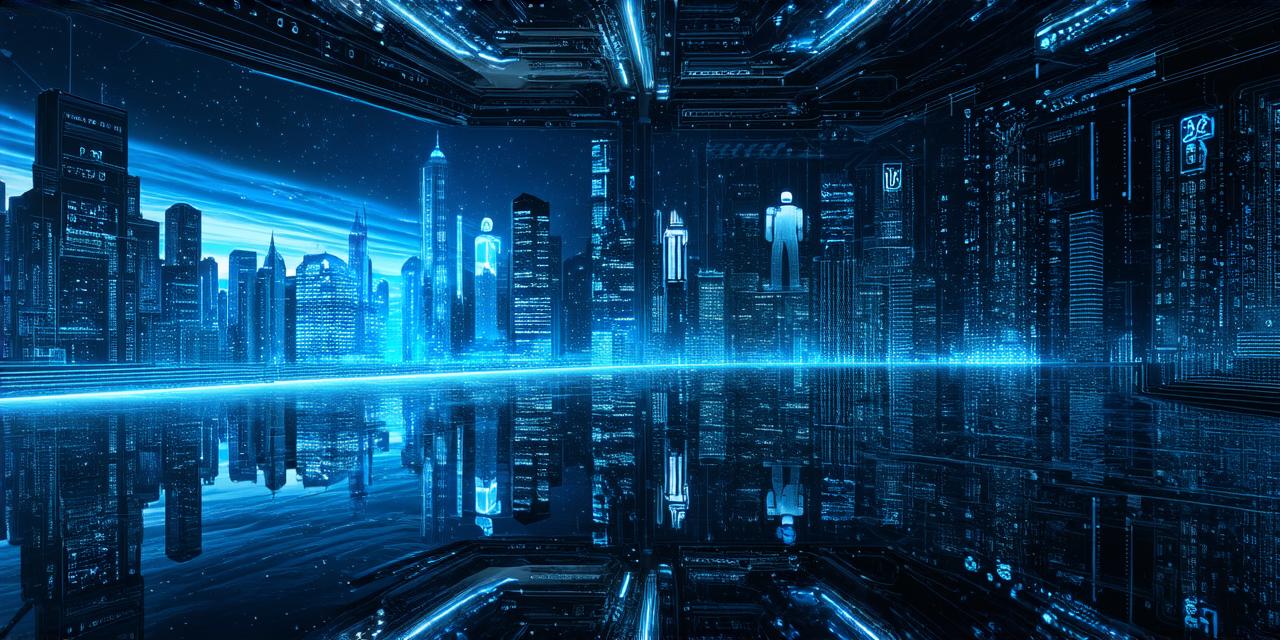Mixed reality (MR) technology is a rapidly growing field that combines computer-generated images and real-world environments to create immersive experiences.
Augmented Reality in Healthcare
Augmented reality, a type of mixed reality, is used to overlay digital information onto real-world objects or environments. In healthcare, AR has been used for a variety of applications, including:
-
Medical Education: AR can be used to provide medical students with interactive and immersive learning experiences, allowing them to visualize complex anatomical structures in 3D and practice surgical procedures in a simulated environment.
-
Surgical Planning: AR can help surgeons plan and rehearse complex procedures before they are performed, reducing the risk of errors and improving patient outcomes.
-
Patient Care: AR can be used to provide patients with real-time information about their medical conditions, such as vital signs and medication reminders, as well as visual aids for rehabilitation exercises.
-
Telemedicine: AR can allow healthcare providers to conduct remote consultations with patients using virtual reality (VR) headsets, reducing the need for in-person visits and improving access to care.
One of the most exciting examples of AR in healthcare is the use of surgical planning tools like HoloSuit. HoloSuit uses a combination of AR and VR technology to allow surgeons to practice procedures in a simulated environment, visualizing the patient’s anatomy and practicing movements with realistic feedback. This can help reduce the risk of errors during surgery, improve patient outcomes, and save time and resources for hospitals.
Another example is the use of AR-enabled medical devices like the Google Glass. Google Glass allows doctors to access real-time patient information while performing procedures, such as vital signs and medication levels, without having to look away from the patient. This can improve the efficiency of healthcare delivery and reduce the risk of errors.
Conclusion
Mixed reality technology, particularly AR, is showing great promise in the field of healthcare. By providing immersive learning experiences, improving surgical planning, aiding in patient care, and enabling remote consultations, MR technology can revolutionize the way healthcare is delivered. As more advanced mixed reality technologies become available, we can expect to see even more exciting applications in this rapidly growing field.
